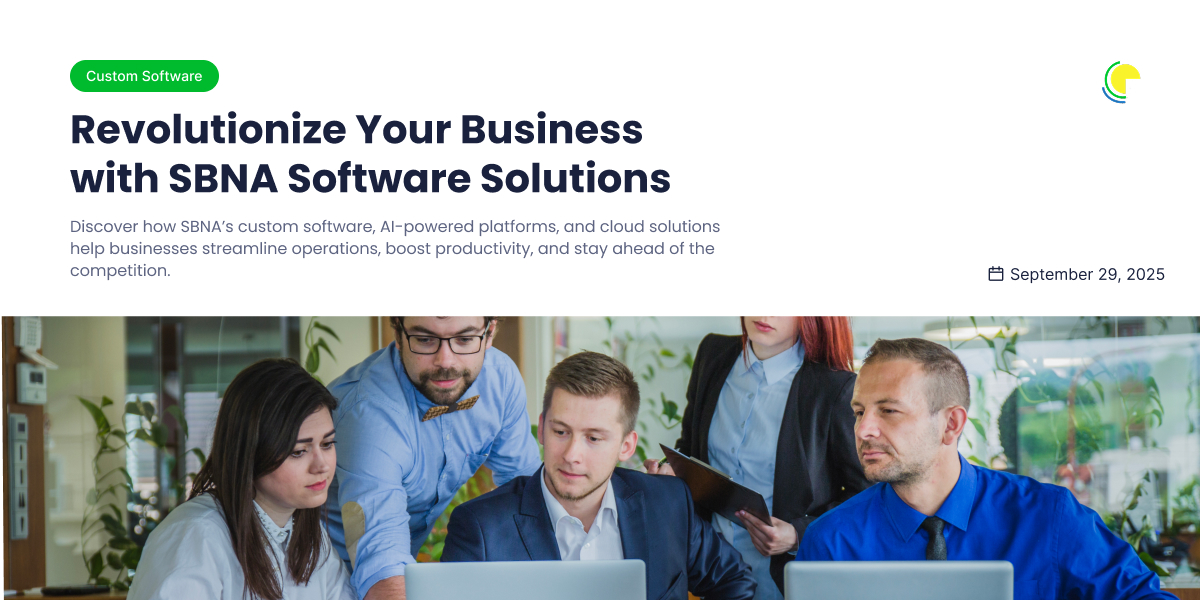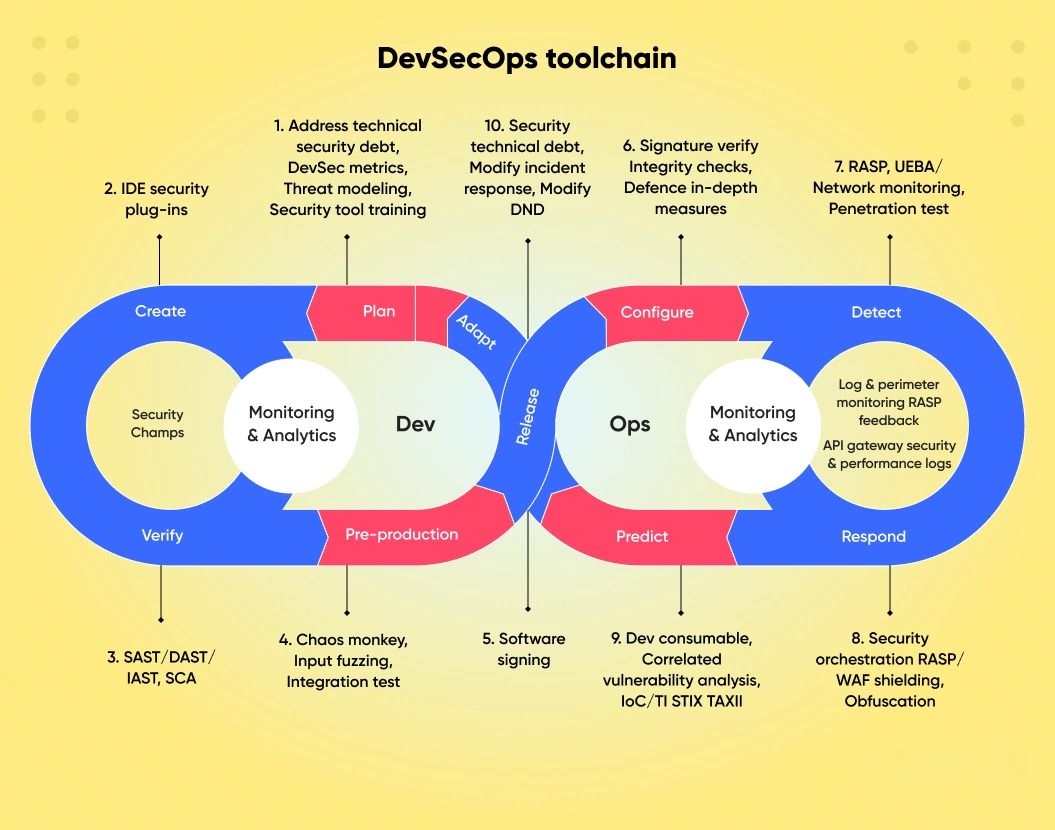Because every business is unique — your software should be too In today’s fast-paced digital world, businesses can’t afford to
In today’s competitive digital landscape, businesses need technology solutions that are not just functional but transformative. SBNA Software Solutions Pvt.
SBNA Software Solutions feature banner highlighting the message “Smarter Software. Stronger Businesses,” representing intelligent, scalable, and secure software solutions for
In today’s fast-paced digital world, businesses need innovative software solutions to stay ahead of the competition. SBNA Software Solutions, a
How DevSecOps Ensures Security Throughout the Mobile Application Lifecycle In today’s dynamic digital ecosystem, mobile applications are no longer a
Augmented Reality (AR) and Virtual Reality (VR): New Frontiers for Mobile Apps As mobile technology advances rapidly, developers and enterprises
A Turning Point in Software Engineering As the software industry accelerates toward intelligent automation, Agentic AI is emerging as one
In today’s fast-evolving digital landscape, mobile application development services are increasingly leveraging predictive analytics to enhance user engagement and satisfaction. Predictive analytics
Artificial Intelligence (AI) is rapidly redefining the software development landscape. From automating repetitive tasks to enhancing collaboration and improving code
As we move deeper into 2025, cloud-native development has firmly established itself as the cornerstone of modern software engineering. No
This website uses cookies to improve your web experience.










